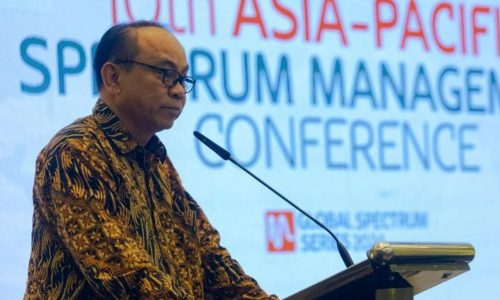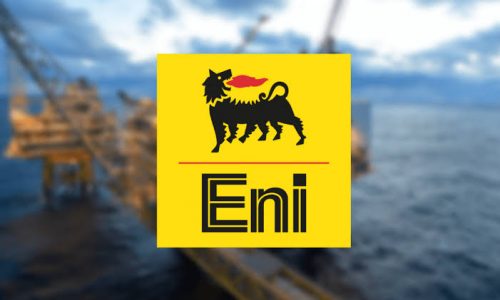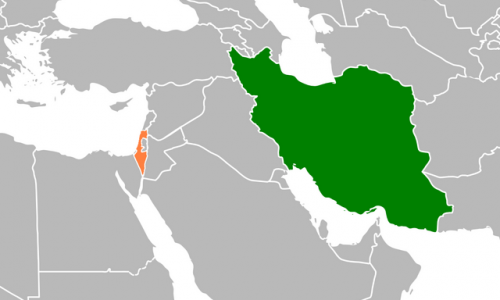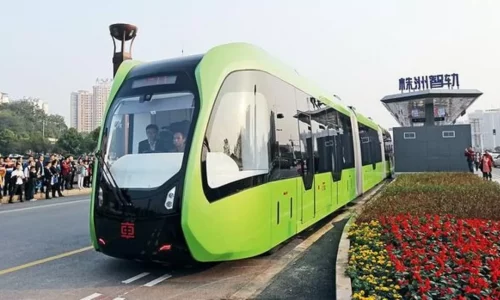The recent ‘ASEAN and Global Value Chains: Locking in Resilience and Sustainability‘ report by the Asia Development Bank (ADB) highlighted several challenges and opportunities faced by global value chains in Southeast Asia.
The report suggests the Association of Southeast Asian Nations (ASEAN) to strengthen its position in the global value chains by improving resilience against future challenges, pandemics, geopolitical instability, and climate change.
“This report proposes concrete measures that governments and businesses can adopt to decarbonize global value chains. Investments in renewable energy, improved efficiency, incentives to reduce trading costs for climate-smart goods, and the acceleration of digitalization can all contribute to greener, and more sustainable value chains in ASEAN, and beyond,” said Masatsugu Asakawa, the President of ADB.
The report mentioned that global value chains are more resilient to Covid-19 economic effects than expected as firms are adjusting to the disruption. Consequently, the region must strengthen its global value chain segments, and at the same time expand its trade, investment, and regional integration.
“As ASEAN countries continue their recovery from Covid-19, we must ensure that economic revitalization happens in a greener and more sustainable way,” adds Asakawa.
The competitive advantage of employing low-skilled labor is diminishing as new technology continues to upgrade the global value chain sector. As such, the region must employ a critical mass of workers equipped with new technology, and technological skills, as reported by ADB.
According to the report, other methods of strengthening the global value chains include policies on promoting decarbonization. The region’s economies must go green, accelerate digitalization, and promote climate-smart trade, green transport infrastructure, and carbon pricing
It is noted that the region’s economies have high stakes. The recent global, geopolitical trade protectionism and global shocks could disrupt growth in the region, and elsewhere. The report also noted, the deepening of the region’s trade cooperation created sizable policy impacts & benefits and expanded it to other regions.










